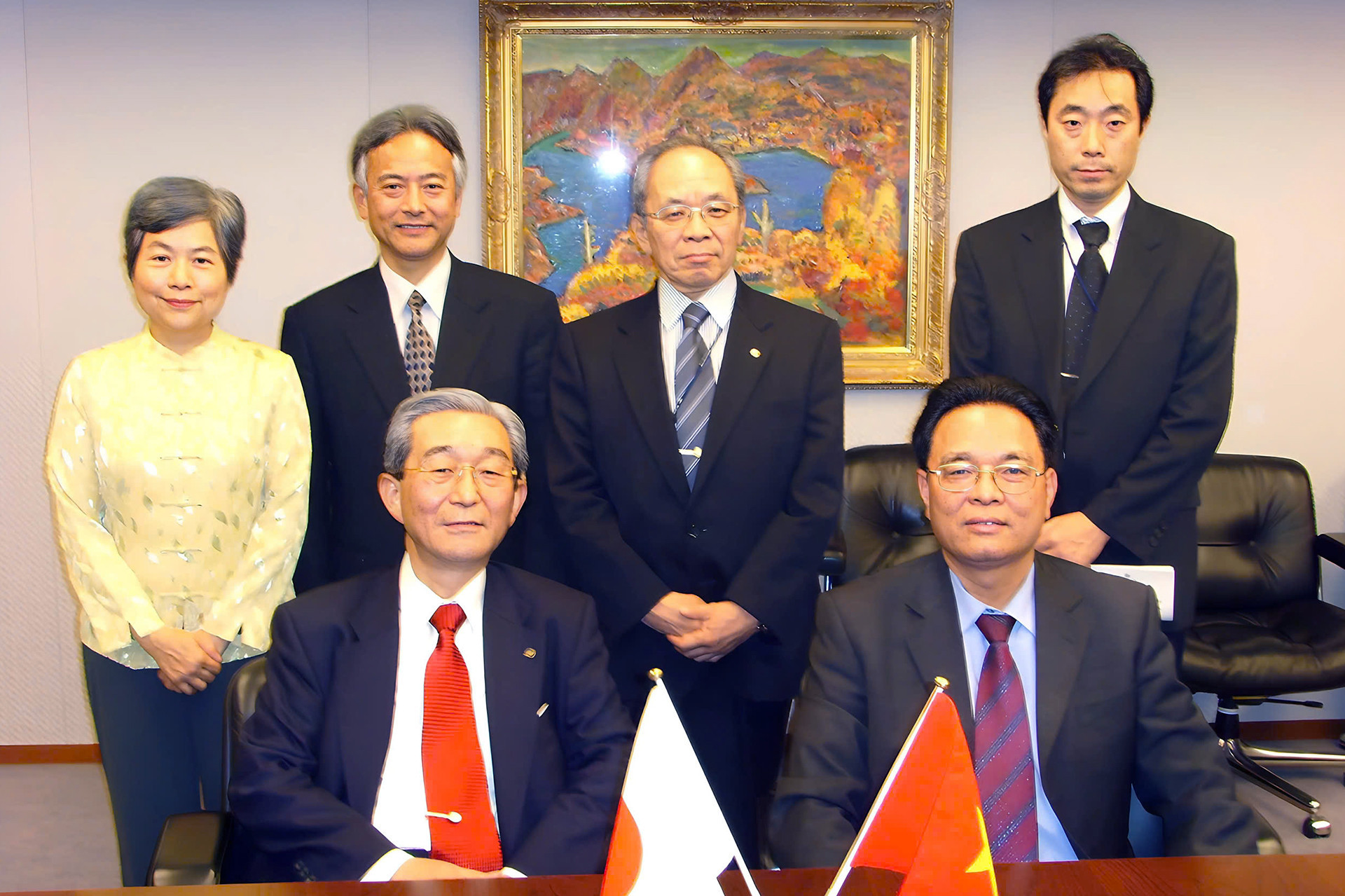
What are your thoughts on the decision to suspend the nuclear power project released some years ago?
When the Vietnamese government suspended the project, it requested relevant agencies to report possible effects, especially on the economic impact.
In my opinion, the greatest impact was the one on the personnel we prepared. We sent many workers abroad for training, while domestic universities opened new faculties on nuclear power and attracted numerous students.
About 300-400 workers were sent to Russia and Japan and finished their training courses there. But they had to take jobs which were not their majors because the nuclear power project was suspended.
If we don’t "reactivate" the project soon, we will lack skilled personnel when we really need them and will have to train personnel from the very beginning, which will a big waste.
At this time, I think we can mobilize the workforce that was trained some years ago.
Regarding favorable conditions, I think we still have a contingent of highly qualified experts who can give good advice to the government on nuclear power development, and when and how to proceed.
Additionally, we have overseas Vietnamese experts living abroad. Many of them are really enthusiastic and want to participate in the project development. The thing that the government needs to do is set up reasonable policies to use both domestic and overseas experts.
You always show enthusiasm and optimism about Vietnam's nuclear power industry. When do you think Vietnam will have nuclear power if it reactivates the project? Regarding this project's restart, when do you think Vietnam will have nuclear power?
Considering the guide by IAEA (International Atomic Energy Agency) and based on the experience I have, as well as lessons from other countries, I think that if Vietnam restarts the nuclear power project in 2025 and if we proceed steadily, we will have nuclear power after 10 years.
Regarding nuclear safety, there is a growing tendency that instead of large nuclear reactors, small modular reactors (SMRs) are being researched in some countries to minimize risks. Can this be applied in Vietnam?
Vietnam is considering reactivating its nuclear power plant project and I think choosing technology is an extremely important thing.
When we developed the nuclear power project some years ago, we created criteria on choosing technology.
One of crucial criteria was that the technologies must already be used in the world and must be proven as effective and safe. This means that the technology we choose must have had operated safely for a certain period in the world.
Regarding small and medium-sized reactors, there have been many designs, but none of them has been operational yet. It will take dozens of years to verify the new reactors’ efficiency. So, in the next decades, if we develop nuclear power, we should use proven technologies.
These are large-capacity technology, water-cooled reactors belonging to Generation 3+ or Generation 4, which means the generations with very high requirements on safety which have been used in some countries.
Russia has built nuclear power plants for itself, and Turkey and Bangladesh, while South Korea has built for the United Arab Emirates.
For Bangladesh, they began with nuclear power after Vietnam, but they reached the finish line earlier than us. They have been doing very well and methodically, and we should learn from them.
In Nordic countries, like Finland, nuclear power accounts for a very high proportion (25.3 TWh, 35 percent). What do you think about the figure?
Firstly, some European countries have smaller populations. Secondly, they are small, and they just need a few electricity generation units, so they can succeed more easily.
However, if the nuclear power proportion is too high, there are risks. If nuclear power plants have accidents and have to stop operation, energy insecurity may occur.
Previously, Japan wanted to increase its nuclear power ratio to over 50 percent, but its target now is just 20 percent and the real ratio in 2022 was 5.5 percent. Nuclear energy once accounted for 25 percent of its electricity output before the Fukushima disaster in 2011.
The proportion of nuclear power is an issue that Vietnam needs to think about carefully. This could be a policy in the Law on Electricity (amended) that the National Assembly is discussing, or in the next national power development plan.
Nguyen Quoc